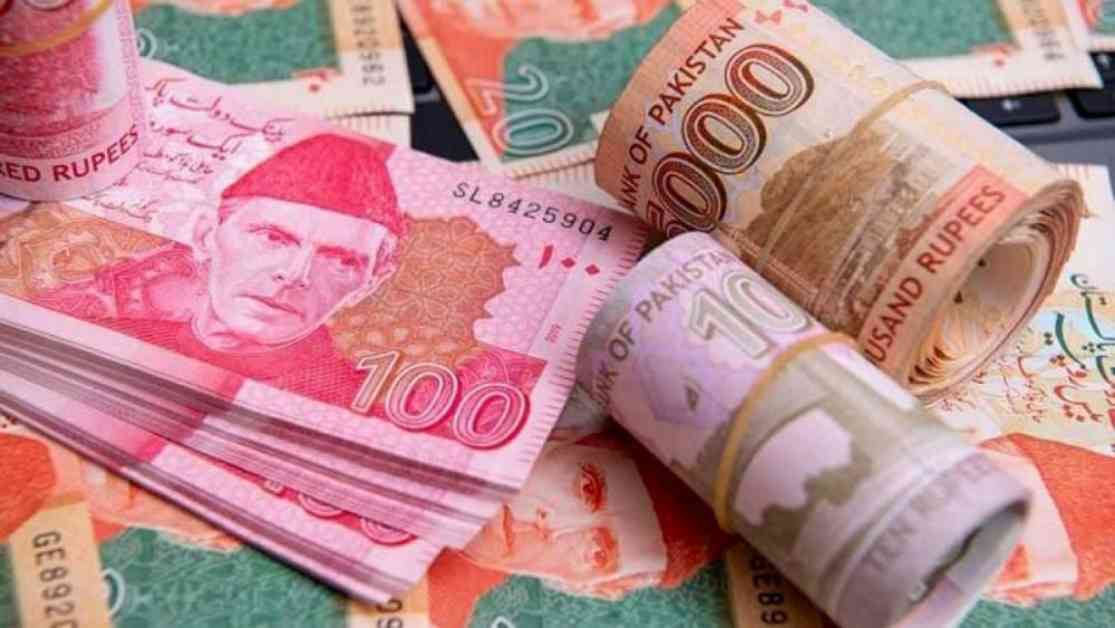Exchange Rate Concerns Grow in East African Community
In a recent meeting held by the Economic Advisory Council (EAC), concerns over the exchange rate were brought to light, sparking discussions on the impact of the Real Effective Exchange Rate (REER) on the nation’s economy. The REER, a measure of a currency’s value against a basket of foreign currencies, surged to 104.05 in January 2025, indicating that the Pakistani rupee was overvalued by 4%.
The council, led by Prime Minister Shehbaz Sharif and featuring notable members like Jehangir Khan Tareen and Saqib Shirazi, delved into the repercussions of an overvalued currency on the country’s export competitiveness. As the rupee continued to trade above Rs279 to a dollar, concerns mounted among exporters in the council who feared their products would struggle to compete in the global market due to an overvalued currency.
The discord within the council was evident as Deputy Prime Minister and Foreign Minister Ishaq Dar voiced his belief that the rupee was undervalued by at least 15%, a stance that stood in contrast to the prevailing sentiments. Finance Minister Muhammad Aurangzeb assured the council of addressing the matter with the State Bank of Pakistan (SBP) to maintain equilibrium in the exchange rate regime.
As discussions unfolded, concerns regarding the dwindling foreign exchange reserves and a recent $1 billion decline to $11 billion were raised. Despite the central bank’s efforts to bolster reserves through dollar purchases, the reserves remained a point of contention, especially in light of limited purchases following a current account deficit of $420 million in January.
In a bid to navigate the economic challenges, the SBP lifted import restrictions and introduced duty-free imports of essential commodities like cotton, textile machinery, and raw materials, which were not locally produced. The council members also explored avenues for enhancing exports, suggesting the import of raw sugar for refining and re-export purposes.
The impact of policy changes on local industries and exports was a focal point in the discussions, with recommendations to foster an enabling environment for local investors and industries to thrive. The prime minister underscored efforts to bolster local industries’ competitiveness in global markets and hinted at regulatory measures regarding digital currencies.
Amidst deliberations on economic policies and growth strategies, the council reiterated its confidence in the government’s economic policies and proposed key strategies to fortify Pakistan’s economic landscape. Prime Minister Shehbaz Sharif emphasized the collective effort required for achieving economic stability, highlighting the importance of leveraging regional trade potential.
In closing, the prime minister stressed the government’s commitment to enhancing various sectors like industry, agriculture, and information technology to drive economic growth and job creation. Efforts to expand telecommunication services and internet access to remote areas were also emphasized to nurture a conducive environment for freelancers and IT exports to flourish.









